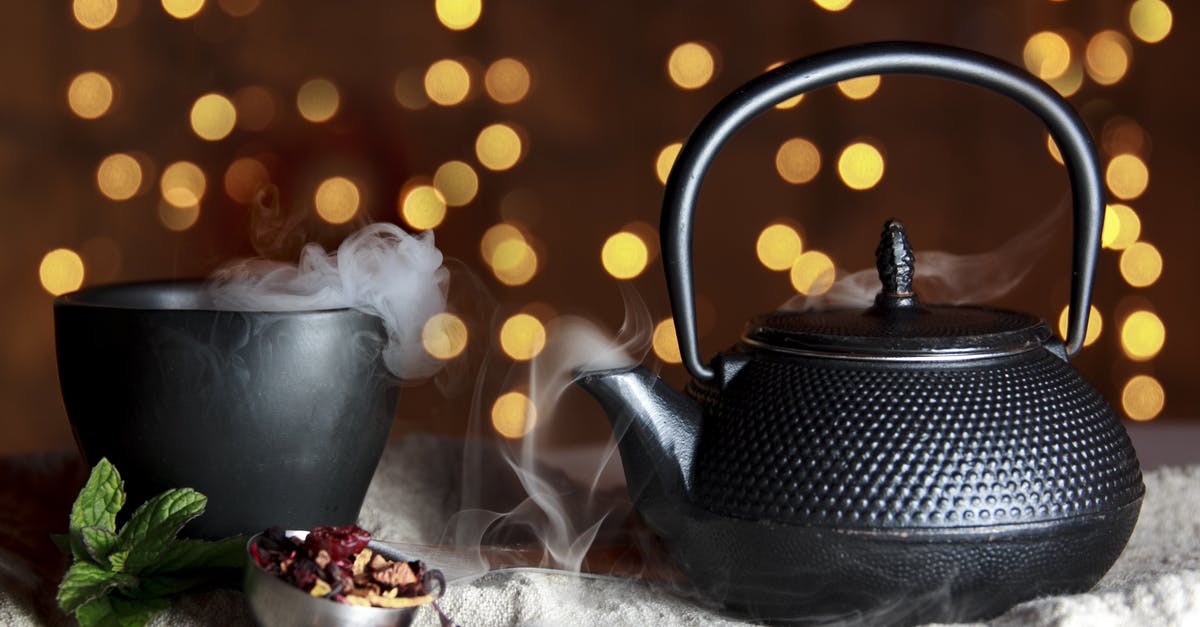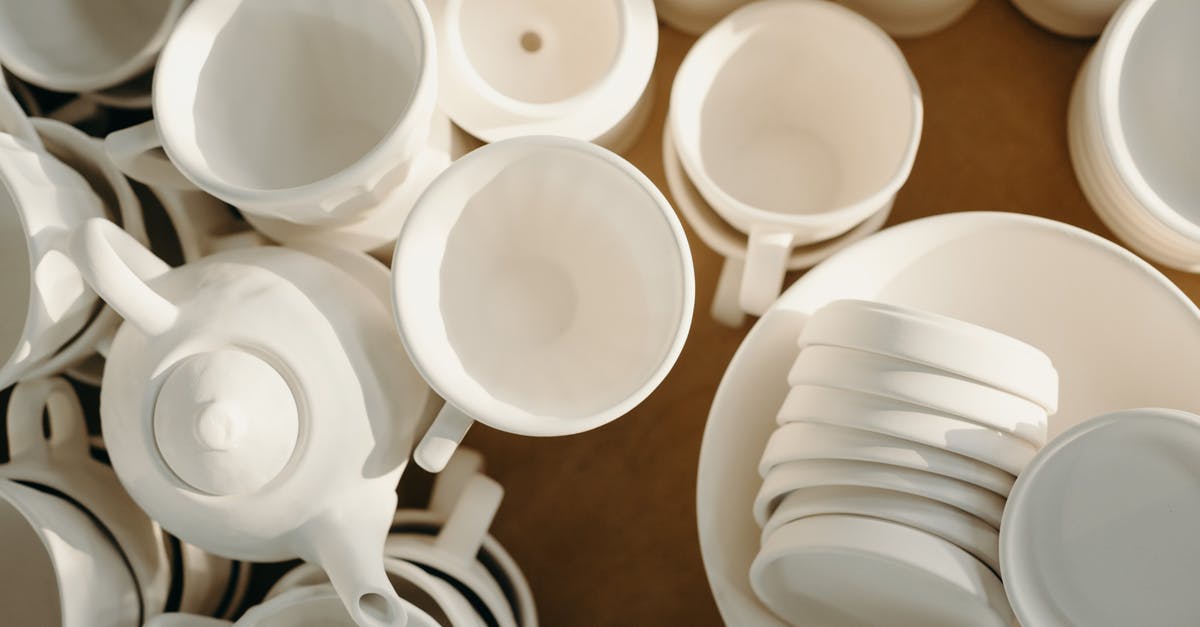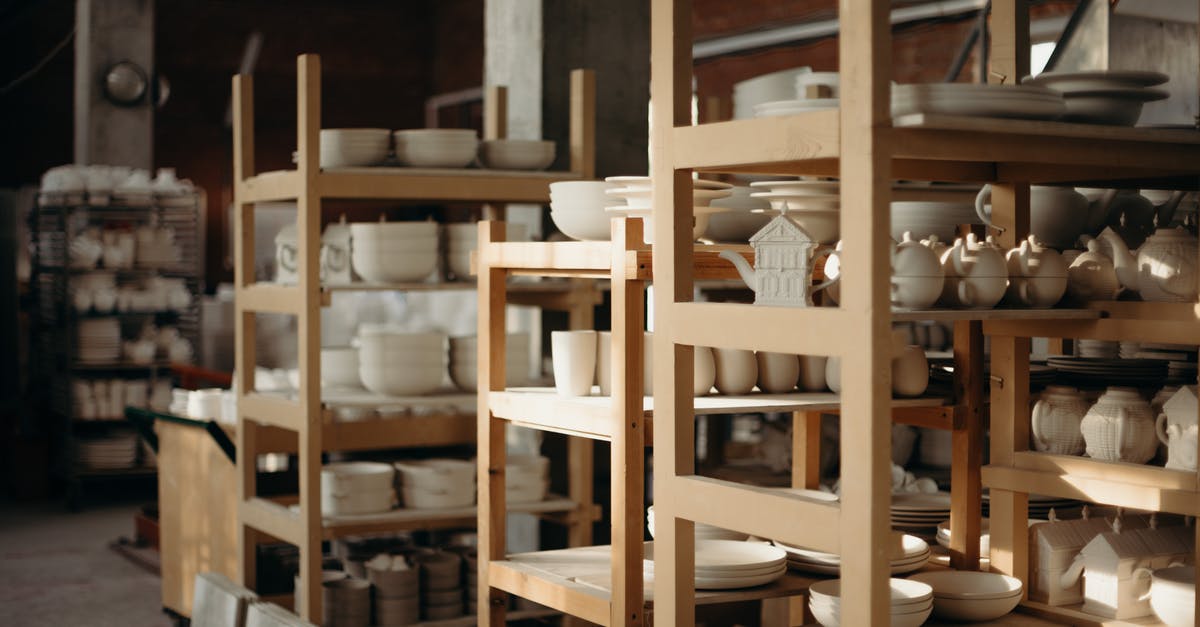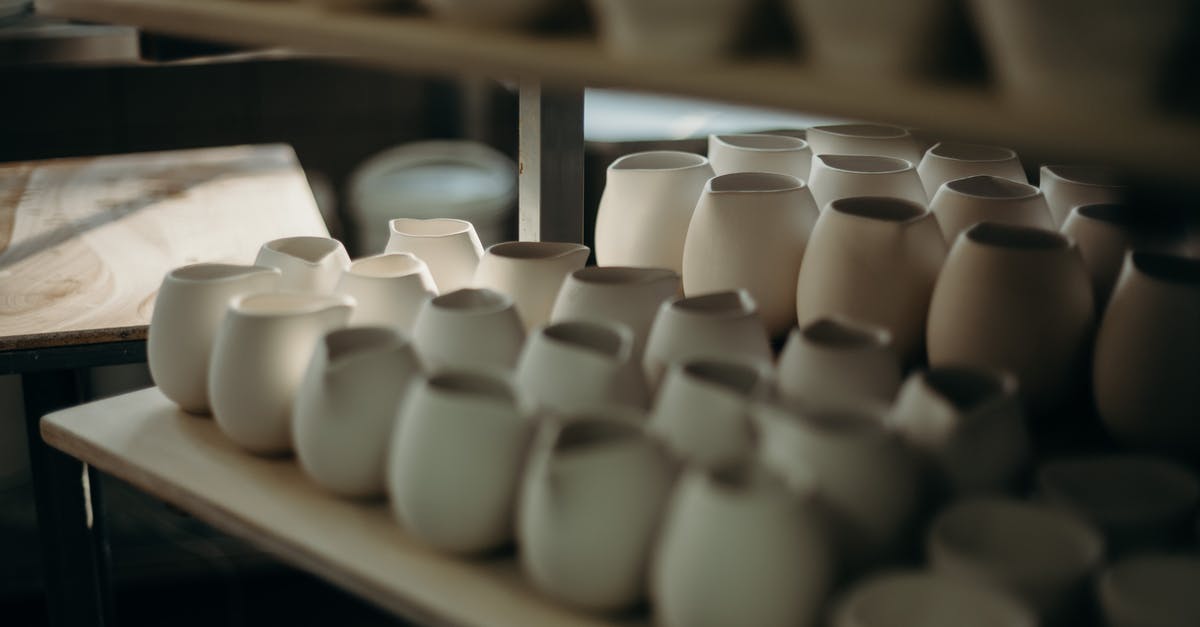Purchasing cookware (eg. Teapot) in china: concern of lead

I am traveling to china and while I am there I would like to buy a tea set for my wife, who loves tea. Should I be concerned that a teapot for example would contain lead? How would I know if it contains lead or not, or should I just assume that it does contain lead?
Best Answer
I wouldn't worry about it.
There are two basic kinds of traditional Chinese teapots: clay and metal.
Clay teapots may indeed well use lead in the glazing, but the glazing is always on the outside of the pot, and will not thus come into contact with the tea. But if this isn't enough for you, just buy a simple, unglazed teapot.
Metal teapots, at least the Japanese tetsubin I'm familiar with (and which descend from Chinese designs), are usually made from cast iron. Cast iron pots can't contain lead for the very simple reason that lead melts at a far lower temperature (327°C) than iron (1,535°C), and will in fact likely turn into gas (1,750°C) and literally vaporize at the temperatures needed to cast iron.
Now they could conceivably use lead in alloys with other metals, and this article on PubMed discusses lead poisoning apparently caused by a teapot. Given the mention of Morocco, though, I'd venture a guess this involved an elaborate Arabic-style pot like this, possibly with parts shoddily (lead) soldered together, and thus a world away from a Chinese teapot.
But if you want to play it absolutely safe, get some 3M LeadCheck pens (or equivalent) and try it out.
Pictures about "Purchasing cookware (eg. Teapot) in china: concern of lead"



Testing a \
Sources: Stack Exchange - This article follows the attribution requirements of Stack Exchange and is licensed under CC BY-SA 3.0.
